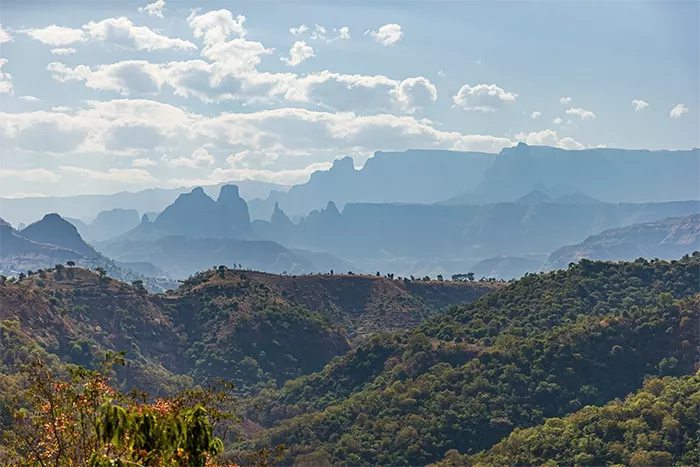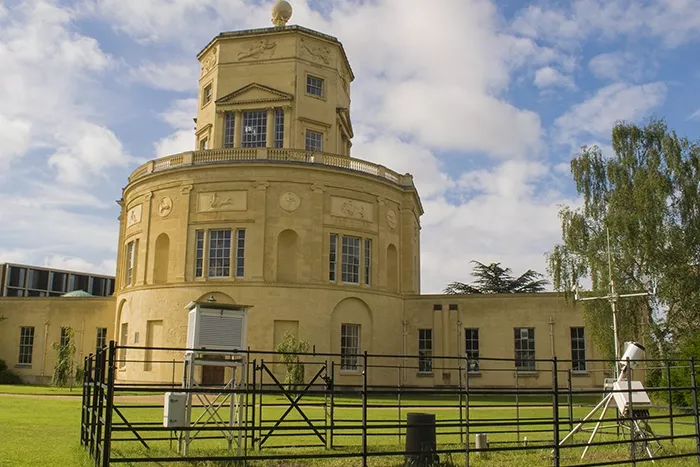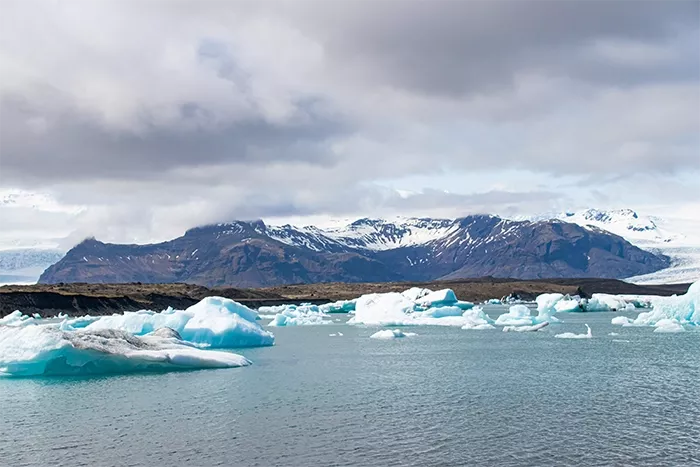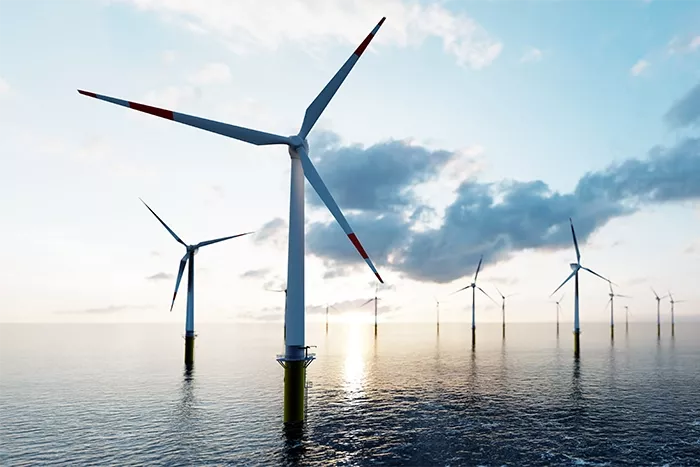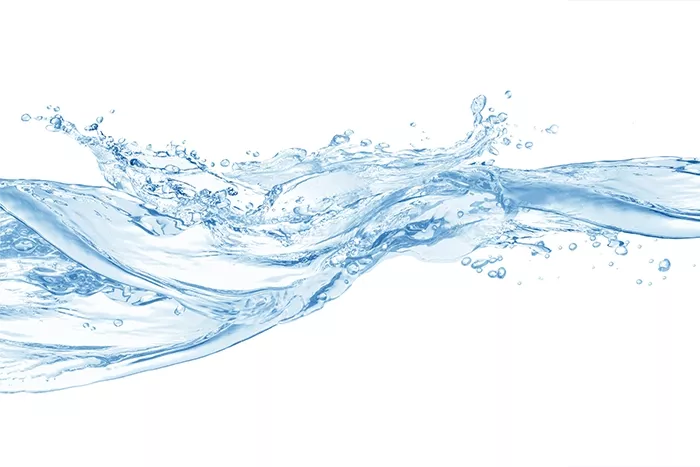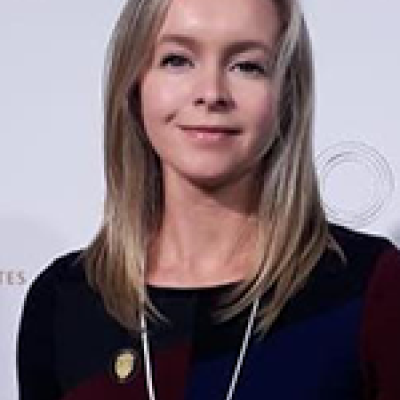The Climate Systems research cluster aims to build on research excellence in three areas: physical climate and biogeochemical processes; impacts and adaptation to climate change; and mitigation policy and science.
The cluster includes varied themes - such as food, water and energy - as well as policy related to any of those issues. It also encompasses hydrology and climate science.
| Physical climate and biogeochemical processes | Research focuses on improving our understanding of fundamental processes in key Earth-system tipping elements and climate change hotspots, including mineral aerosols in the land-surface-atmosphere system, biogeochemical cycling and ecosystem dynamics in tropical forest systems, processes of variability and change in African climate, changes in global and regional hydrological cycles, and climate processes in the Himalaya and Andes. |
| Impacts and adaptation to climate change | Research aims to improve the scientific basis for impacts/adaptation assessment and decision-making. This includes climate downscaling, development of novel methods for assessment of impacts of climate change, especially biodiversity and water resources, and adaptation, with a focus on robust decision-making and challenges posed by extreme events. |
| Mitigation policy and science | Attention is on more radical carbon reductions and shorter time scales, with major implications for both energy systems and management of carbon sinks, and on establishing stronger socio-political theoretical understanding of mitigation and governance at a range of scales from Earth-system to local community. |
Key research initiatives closely associated with the cluster include several national and international programmes including UK Infrastructure Transitions Research Consortium; climateprediction.net, including weather@home and World Weather Attribution; climateeducation.net; the MaRIUS project (Managing the Risks, Impacts and Uncertainties of drought and water Scarcity); and components of major research programmes focused on Africa (e.g. CLIVAR VACS African Climate Atlas).


